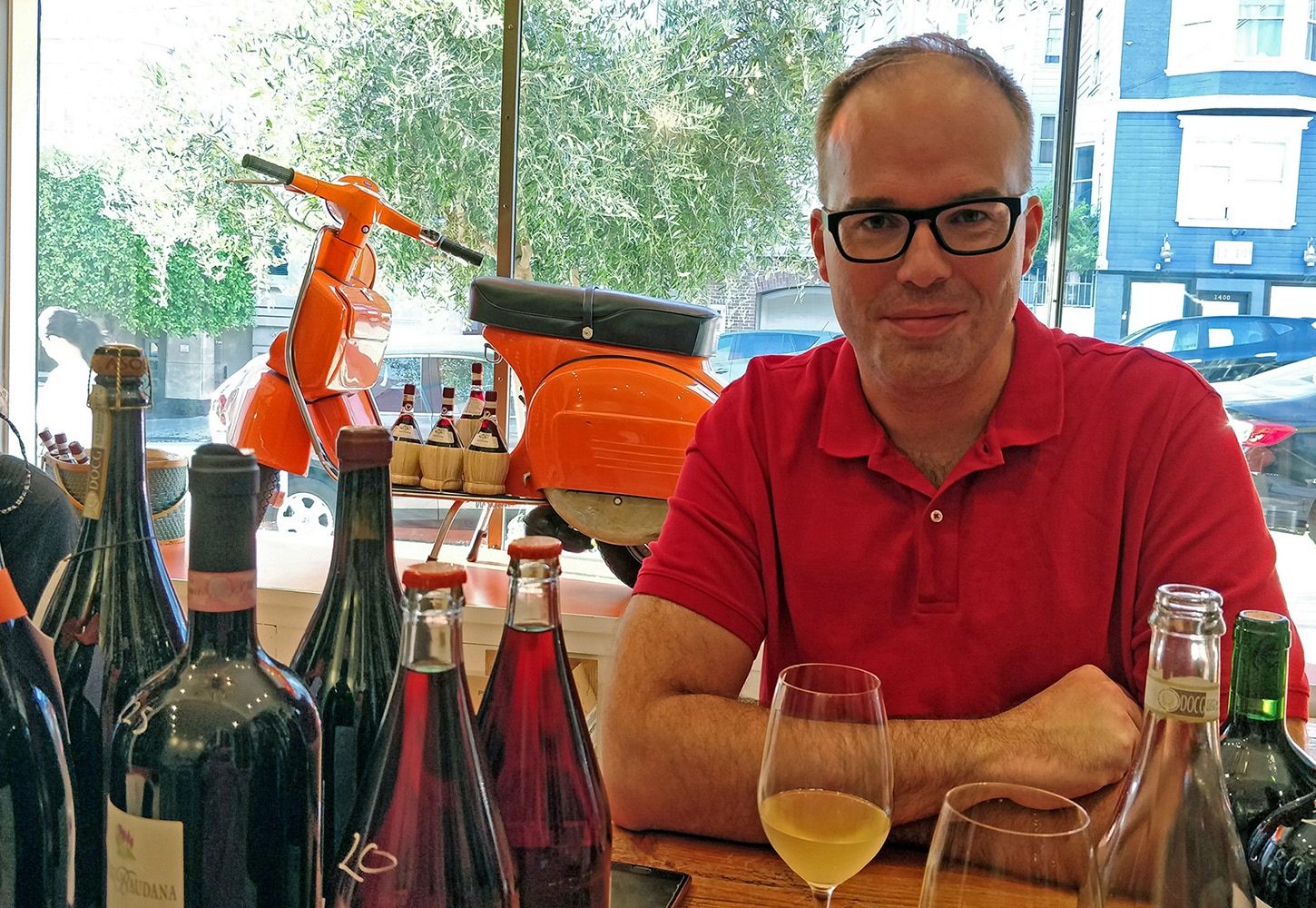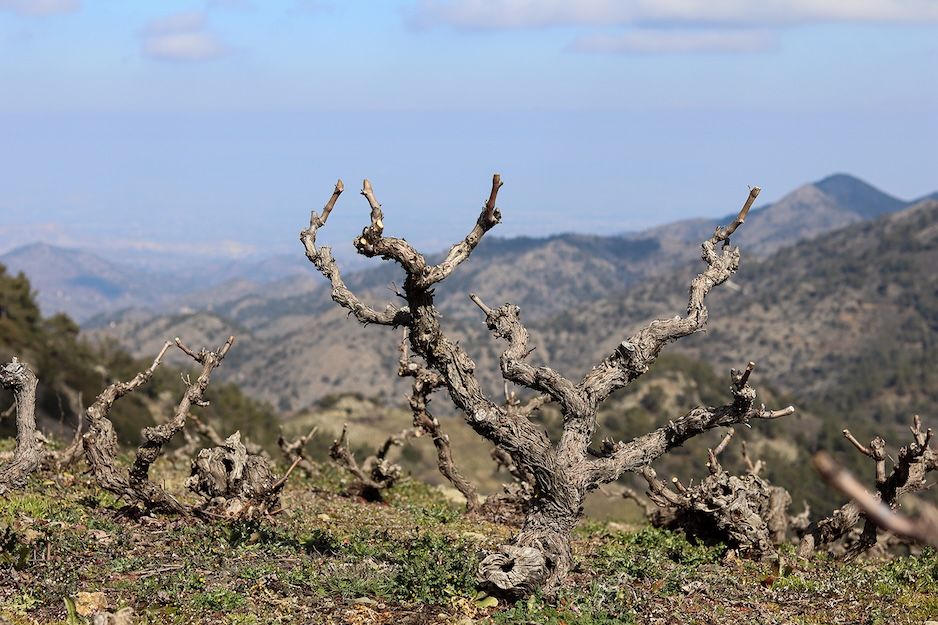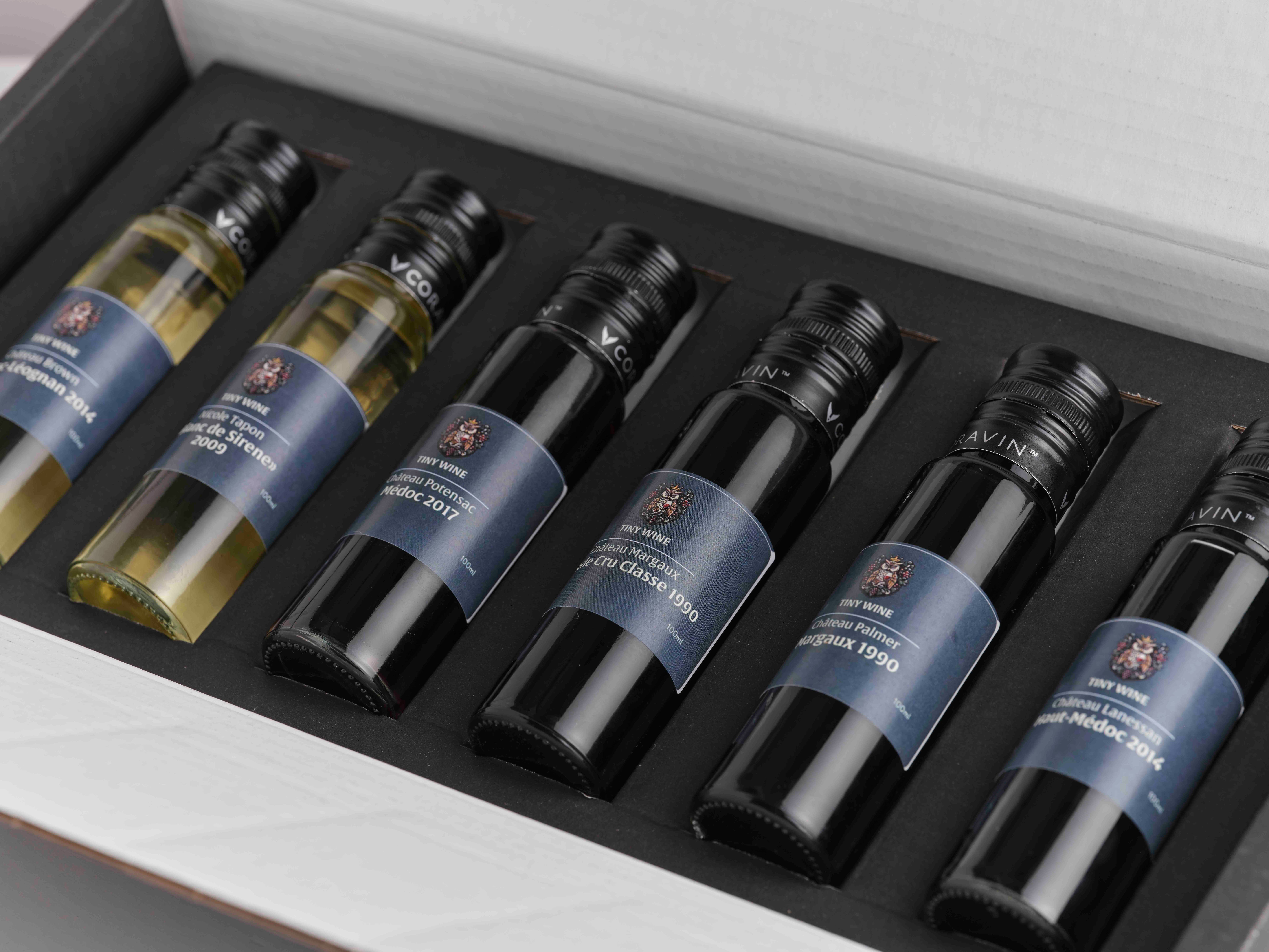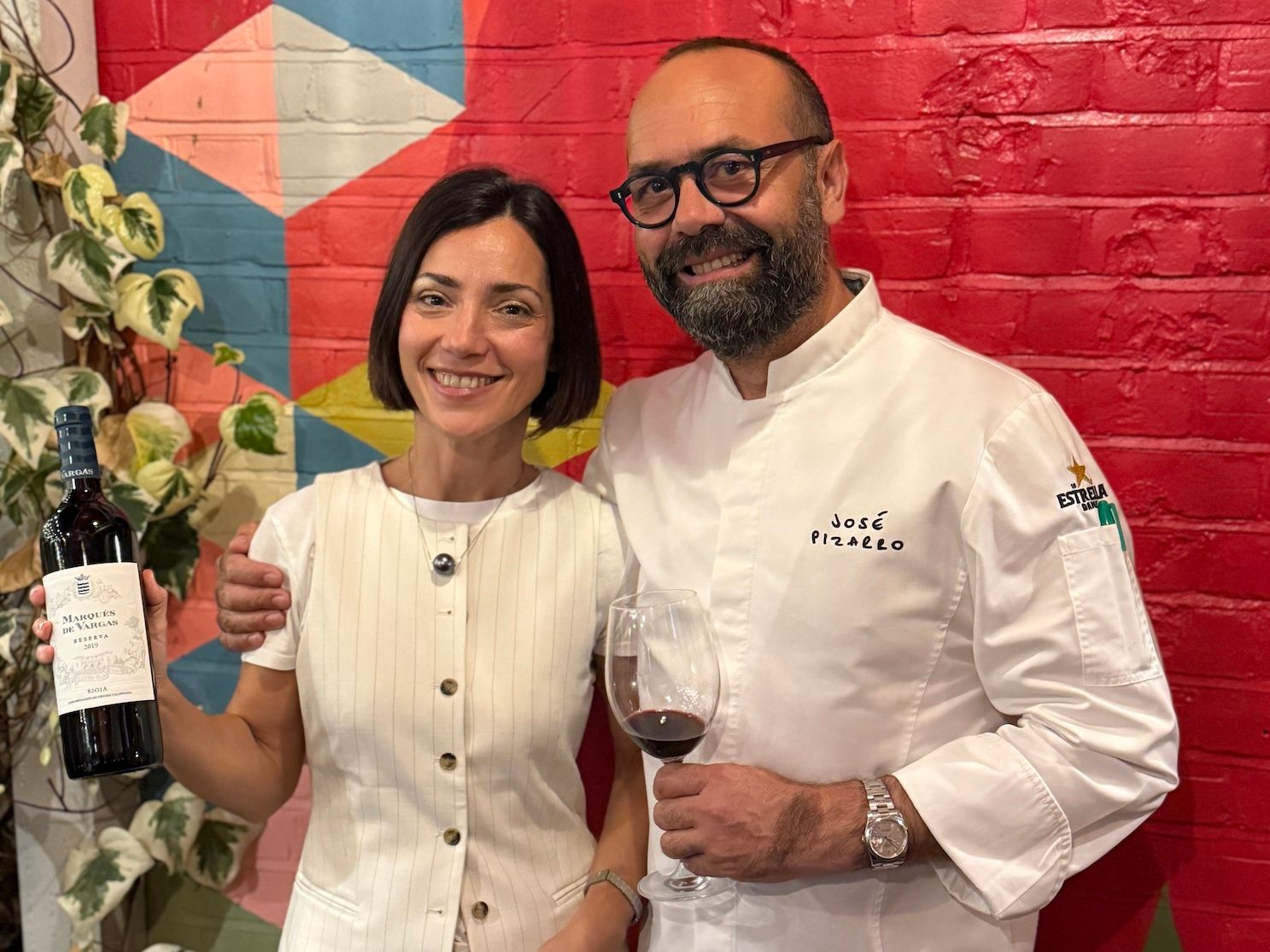As one of the pioneers in importing emerging and New World wines to the UK, Geoffrey Roberts, would no doubt be pleased to see the bursary given in his name by The Vinters Company help continue that work by funding new research and writing projects. Miquel Hudin, the most recent winner of the prize, explains what difference it made to him and why he hopes others will enter this year’s prize (which has been increased from £4,000 to £8,000) for their own projects.
As the past winner of the award what difference did it make to you and what did it allow you to do?
In practical terms, the bursary from the award allowed me to finance the research for my book about the wines of the Republic of Georgia which was released last year. But, in terms of the bigger picture, to be associated with such as well-regarded award helped a great deal to raise my own profile as a wine writer.
How did you hear about the award?
Quite randomly, really. In some email correspondence with Tamlyn Currin of JancisRobinson.com about my Priorat book discussing how tricky it is to get an independent wine book off the ground. She kindly suggested that I see about applying. I looked into it, and well, I’m exceedingly happy I did.
What did you use the prize money for?
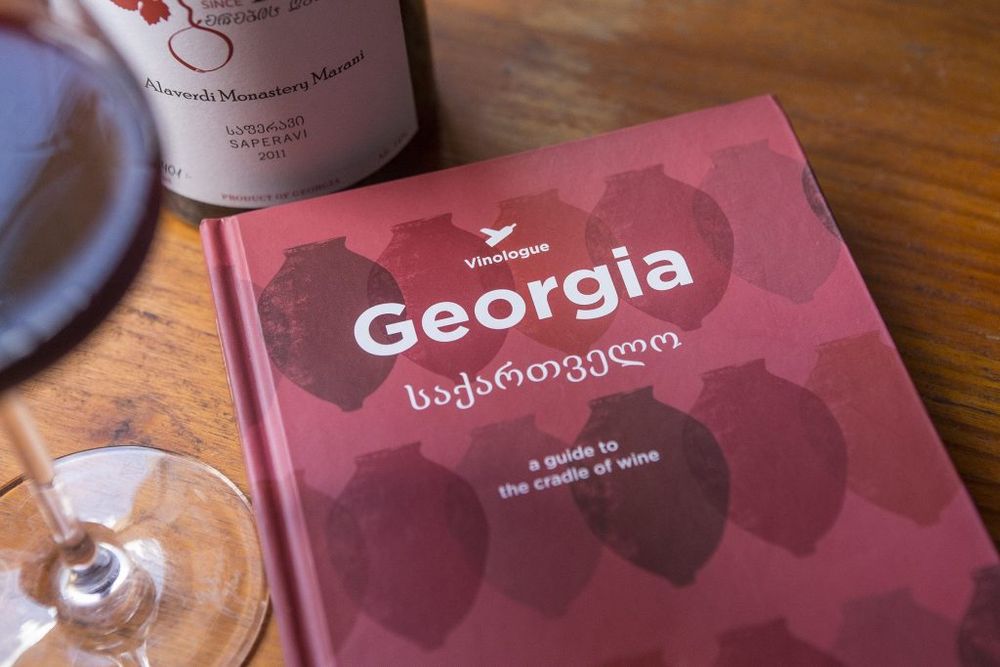
Hudin was able to use his bursary fund to held fund writing his book on Georgia
Producing a book independently is not just a costly process in terms of time investment, but also in terms of money as unsexy as it may be to state it as such. Ironically though, in the end none of the bursary went into the book production. As I had outlined in my proposal, it went into covering the bulk of traveling across Georgia for nearly three months and paying my research assistant in Georgia.
This was actually my biggest concern above and beyond printing costs as first-hand knowledge is at the cornerstone of any book I set out to write.
Tell us about your entry and how you put it together…
In a past life I had worked for a non-profit start-up, which required submitting potential project proposals to donors. So, I had a very solid idea about how to present an idea in a structured way.
You present a problem: at the time there was no cohesive book in English about the wines, wineries, and people of Georgia. You present a solution: This book should exist and explain way. And then you present the case as to why you should win the award because you’re the best person for it: Without this bursary, it wouldn’t be financially possible to make the book happen which would have a positive impact on the market, opening Georgian wine to more people internationally.
I’ve written and published several books previously, so I have the contacts and know the potential pitfalls. In a few sentences like this it seems quite straightforward, but it took a good deal of time to iron it out and present properly, thus people considering to enter shouldn’t wait until the day before.
What is about Georgia that appeals to you so much to write book about it?
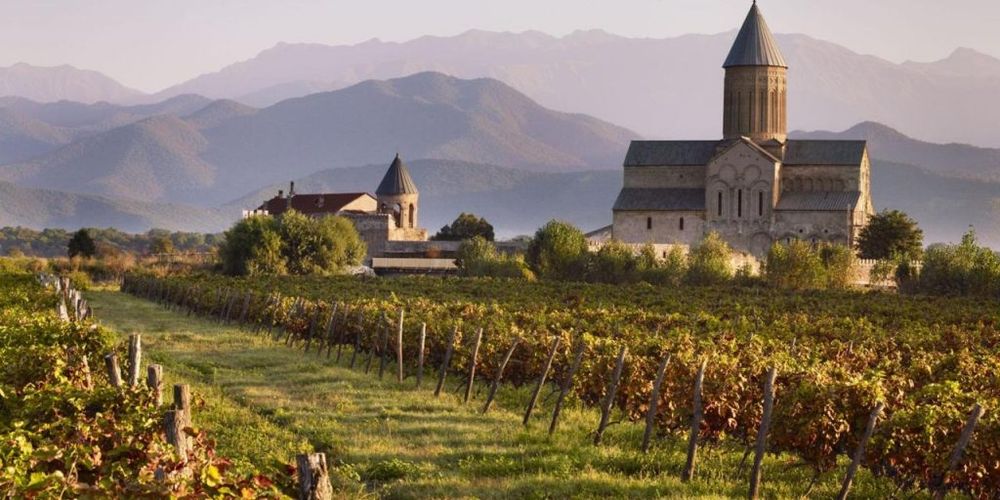
With scenery like this it’s easy to see why Hudin is “sorta hooked on the country”
It’s a bit of a cliché but I’m sorta hooked on the country. My initial trip that lead to sending the proposal was a lot of fun as I ate and drank myself silly with gorgeous food and wine, but the whole time my wife and I were frustrated that there was no easy way to find our way around. Sure, there are many blog posts about various aspects of the country (this is actually how I found my brilliant co-author, Daria), but I found that a comprehensive reference didn’t really exist.
Georgia is already an adventure with its own language, alphabet, grapes, and winemaking traditions so being able to visit should be made much easier!
What do you hope the book achieves compared to other Georgian wine books?
To offer an accessible, relatable point of entry to the country in a format where you can learn as much or as little as you like depending upon your level of wine interest. Also, portable and useful. My research assistant, Daria, told me she thrilled to bump into a Western European couple at one of the wineries in Kakheti who was carrying our book with them and this is, hands down the most rewarding aspect of producing a book such as this.
What is it about writing about emerging regions that interests you?
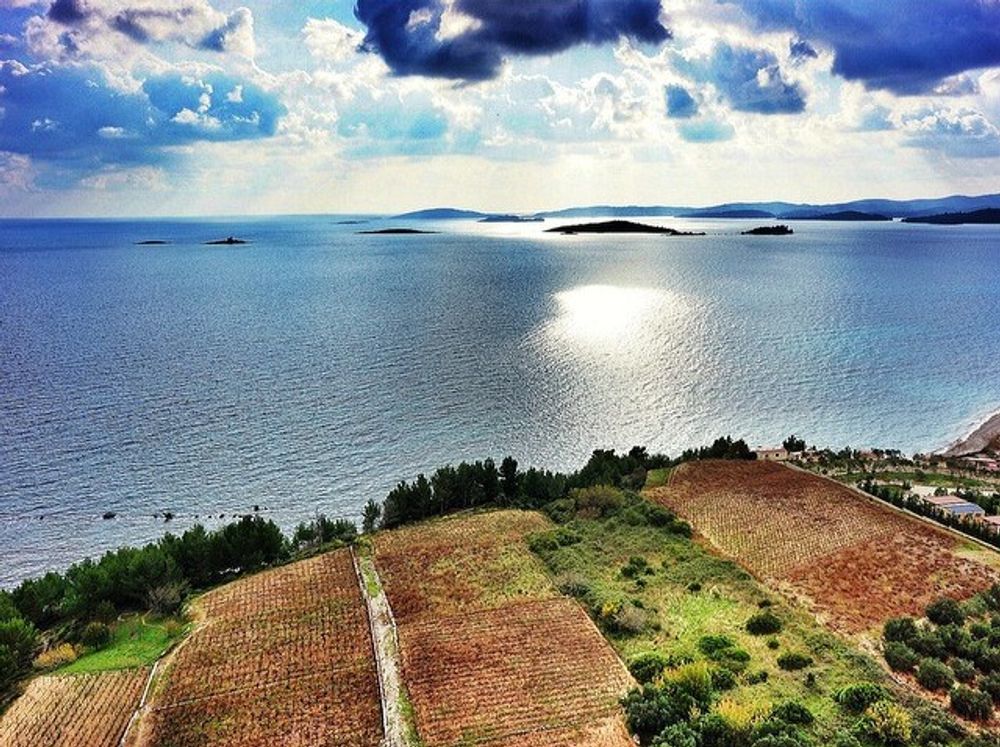
Croatia is one of a number of emerging countries that Hudin has concentrated his writing on
Well, I write about many different regions. I’ve been writing for many years about Croatia, Bosnia and Israel which could definitely be slotted into emerging, but on the other hand my main focus is Spain as that’s where I’m based, and the very south of France (namely Roussillon) which are definitely well-established. It’s more about talking to people where there’s a conversation to be had; getting to understand a region via shared drink and love of wine.
There are definitely some larger, established regions where you’re talking with someone in marketing or getting a rehearsed “narrative” from the winemaker or owner and this tends to give no insight or depth. People in second tier or emerging regions are more open, often even more hospitable as if they have all the time in the world for you.And through this openness you get perhaps a truer sense of place and that almighty phrase, “terroir”.
What do you think producers from emerging regions need to do to get more exposure and listings?
Be able to be discovered. Whether that means simply being on Google Maps or reaching out to people in the wine world. Speaking some English helps a great deal as well given that it’s become the lingua franca of the wine trade. But above all this, have a great idea of wine. Don’t think that what you’re producing is the best there is in the world, even if it might be the case.
Taste from all over and be able to relate to wine being produced elsewhere in the world. If you’re a Georgian winemaking, you’ll need to explain what the grape Chkhaveri is like for people who have never encountered it but could relate to its being like a skin-aged Pinot Gris. Being able to have a conversation is far more important and long lasting than just broadcasting your great ideas.
Other countries or regions that you are keen to explore and write more about their emerging wines?
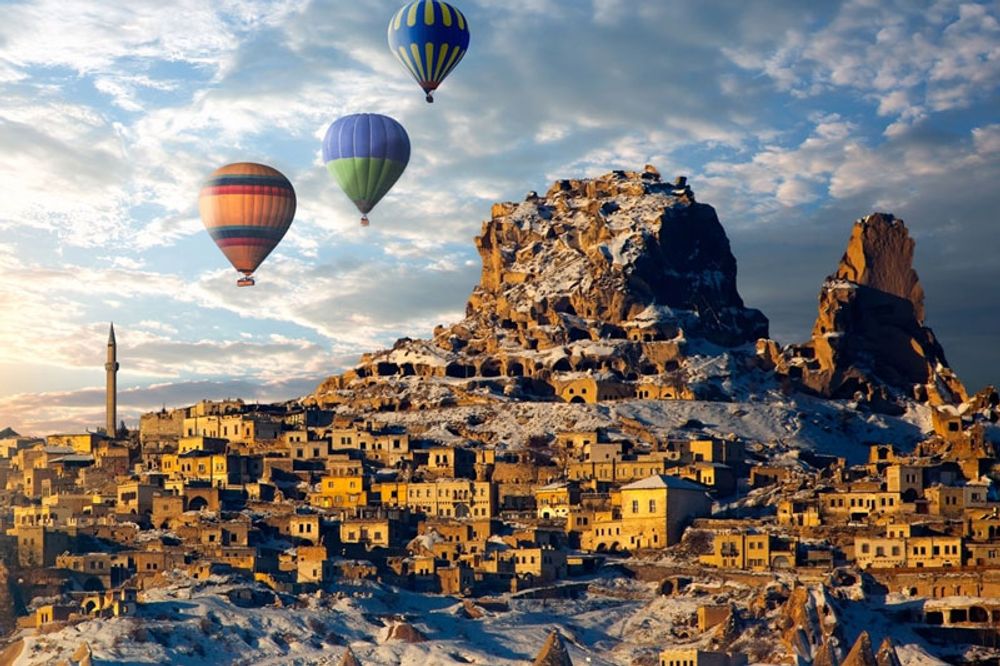
It’s easy to see why the stunning Anatolia region of Turkey is on Hudin’s “go to” list
Thankfully I was able to visit Armenia just after Georgia to get a rounder sense of the region. Anatolia in Turkey is high on the list and visiting what the 2015 award winner, Umay Çeviker set out to do. There are smaller wineries in Ukraine that I want to search out. Serbia is in definite need of a revisit. And then there are of course the more established regions like revisiting South Africa and making it to Swartland this time, or always, always, digging into more Italy. One can never get enough Italy…
I could go on as I have a list up one arm and down the other, but even in digital the list is too long. The thirst for exploration can only be slaked insofar as the one’s bank balance will allow, sadly.
Going back to the award. Why would you recommend people enter?
With the award shifting to every other year and the prize going to £8,000, clearly the financial incentive is self-evident. But also, it looks like it will be an even more select group as it will only be awarded every two years, so people in the wine trade will most definitely take note of the winners.
What is your advice on how to enter to stand out and get attention?
Have a Unique Selling Point. Besides writing a tight and well-thought out proposal, show why you’re the specific person to do the project you’re outlining. If you can create a dongle to plug into a mobile phone to help de-mine certain developing wine regions of the world holding excellent potential terroir, explain why you’re the person to do this. Just being the “idea person” isn’t good enough. You have to show that you can see your idea through.
For me, arguing the case to create a book was relatively easy as it is something that I’ve done many times previously with my Vinologue book series, although I had to make sure to explain what I had learned from the process and how the Geoffrey Roberts Award was critical to move forward in this particular case.
You have to create a need scenario and show how receiving the award will make all the difference for your project. If you can do that, you might very well have a chance to be the recipient for 2018 and I look forward to seeing the brilliant result.
- You can read more here about Hudin’s book Georgia: A guide to the cradle of wine and click here to buy. or via Amazon here.
- Miquel Hudin is a Californian wine writer based in Catalunya. He was the Fortnum & Mason Best Drinks Writer of 2017 and winner of the 2016 Geoffrey Roberts Award. He holds the Certified Sommelier title with the Court of Master Sommeliers, is a Certified Cava as well as Sherry Educator, and is a judge for Spain and the Caucasus at the Decanter World Wine Awards.
- The Geoffrey Roberts Award was first established in 1996 by The Vintners Company and over the years has helped put wines made from ancient Carignan vines in Chile’s under-appreciated Maule region on the world map, and helped Professor Roger Corder’s write his book The Wine Diet. Prior to Hudin’s success, Umay Çeviker assisted two rural vineyards in Turkey, raising awareness of two unknown viticultural areas and grape varieties from Anatolia and in 2014 Peter Csizmadia-Honigh researched and published the first ever book on Indian wines.
- To enter this year’s award go to www.geoffreyrobertsaward.com. Closing date for entries is September 30.
